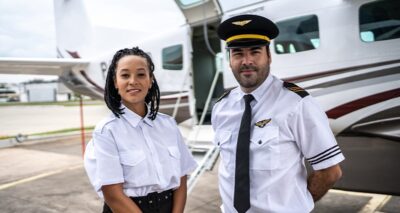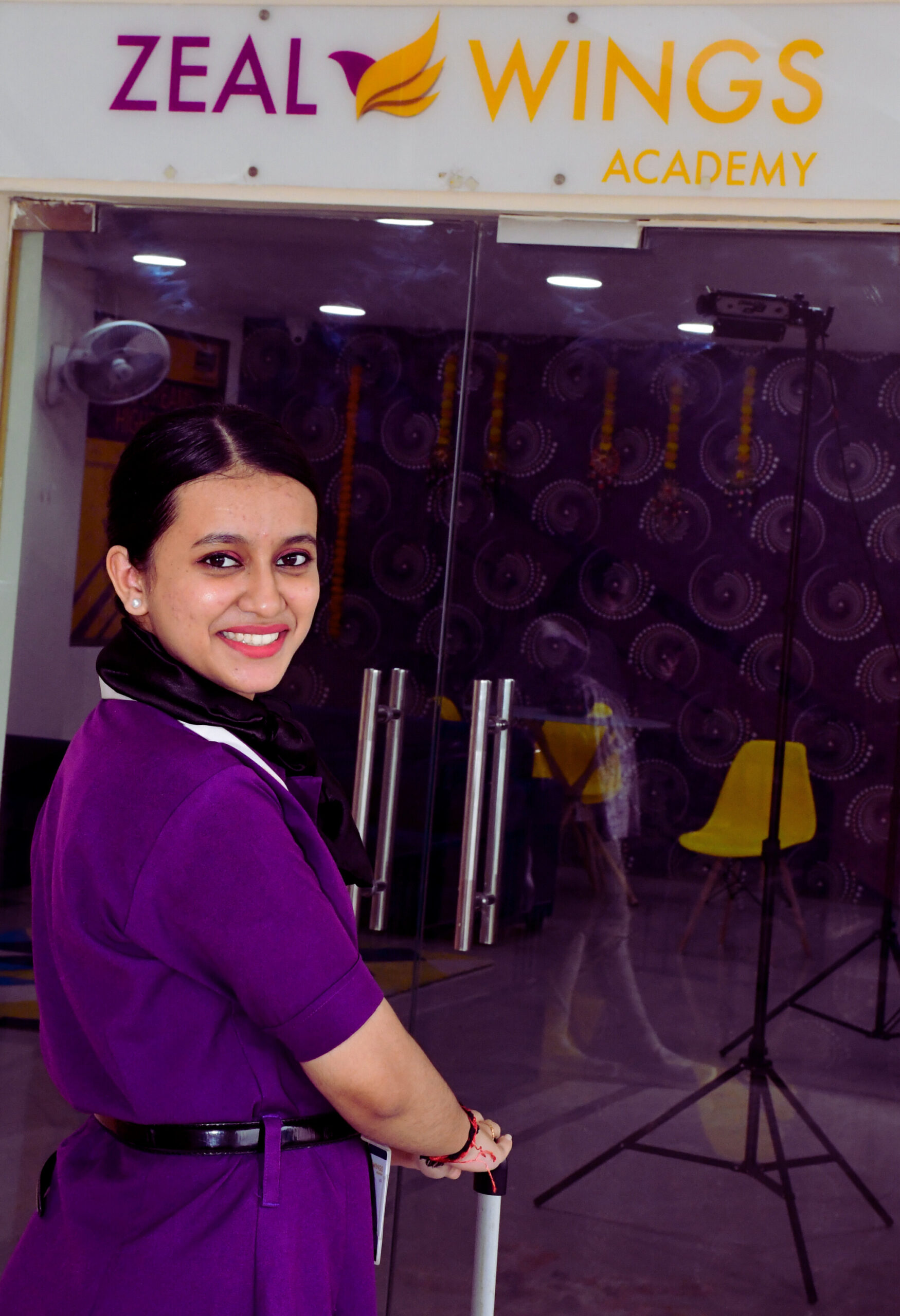table of contents
Working in aviation is exciting. You get to travel, meet new people, and enjoy perks most jobs can’t offer.
But here’s the truth: work-life balance in the airline industry isn’t easy.
Between irregular shifts, jet lag, and constant pressure to perform, cabin crew and ground staff often struggle to balance their professional and personal lives.
So why does this matter?
Because without balance, burnout happens fast — and burnout kills both careers and personal happiness.
At Zeal Wings Academy, we’ve trained hundreds of aviation professionals. Based on real stories, insights from our alumni, and industry best practices, here’s a realistic guide to making aviation life sustainable.
What Is Work-Life Balance in Aviation?
Work-life balance in aviation isn’t about a perfect 50–50 split.
It’s about finding a rhythm between your professional responsibilities (flights, shifts, passengers) and your personal priorities (family, health, relationships).
Example: A cabin crew member may work three night flights in a row, then take two days fully offline to rest, spend time with family, and recharge.
It’s not traditional. But it’s balance.
 The Reality of Aviation Schedules
The Reality of Aviation Schedules
Airline jobs are built on unpredictability.
-
Cabin crew often face early morning takeoffs followed by late-night landings.
-
Ground staff rotate between shifts that change weekly.
-
Even airline management roles require extended availability.
👉 If you’re expecting a 9–5 lifestyle, aviation isn’t it.
But if you understand this reality upfront, you can prepare yourself better. That’s why at Zeal Wings, we don’t just teach technical skills — we prepare students for the lifestyle too.
Time & Energy Management for Aviation Staff
Time management is different in aviation. It’s not about strict schedules — it’s about flexibility + boundaries.
Here are proven strategies:
-
Block Scheduling: Treat personal time like official duty hours.
-
The 48-Hour Rule: Dedicate at least two full days per week to personal life.
-
Energy > Time: Plan activities based on energy, not just hours.
-
Digital Boundaries: Avoid checking work updates during rest days.
Pro Tip: Many aviation professionals use a shared family calendar so loved ones know their availability upfront.
Building Relationships That Last
Strong personal relationships require extra effort in aviation.
-
Communicate your schedule early.
-
Prioritize quality over quantity in meetups.
-
Make milestones (birthdays, anniversaries) count.
-
Embrace long-distance relationships — aviation professionals are naturally good at this.
Health & Well-Being in Aviation
 Your body and mind are your most valuable assets. Without care, aviation takes its toll.
Your body and mind are your most valuable assets. Without care, aviation takes its toll.
-
Sleep Hygiene: Blackout curtains, white noise, and strict sleep routines.
-
Nutrition: Prep meals and snacks to avoid unhealthy airport food.
-
Fitness: Short, consistent workouts (hotel gyms, airport walks).
-
Mental Health: Use employee assistance programs and seek support early.
Financial Planning for Stability
Unpredictable schedules often mean unpredictable income, especially early on.
-
Build a 3–6 month emergency fund.
-
Use travel perks wisely for affordable breaks.
-
Plan around seasonal income variations (charter flights, festivals).
Financial security = less stress = better balance.
Making the Most of Time Off
Your days off are gold. Protect them.
-
Plan mini-adventures or “staycations.”
-
Create personal rituals for stability.
-
Learn to say no to extra shifts or social overload.
Career Growth vs. Balance
Moving up in aviation doesn’t always mean sacrificing balance.
-
Senior roles often bring more control over schedules.
-
Training & management positions can offer stability.
-
Align career decisions with personal priorities, not just salary.
At Zeal Wings, we guide students to think about career growth holistically — so they don’t trade happiness for a job title.
Support Networks: The Hidden Secret
No one balances aviation life alone. Support systems make it possible.
-
Alumni & colleagues who understand your lifestyle
-
Online aviation communities
-
Friends & family who respect your schedule constraints
 Long-Term Perspective
Long-Term Perspective
Balance in aviation is a journey:
-
Early Career: More sacrifice, less control.
-
Mid-Career: Better balance as seniority grows.
-
Senior Level: Freedom to mentor and choose roles that fit your lifestyle.
Remember: Perfect balance doesn’t exist. But integration does — blending aviation with personal life in a way that feels sustainable and fulfilling.
Conclusion
Work-life balance in aviation is possible — but it requires intention.
By managing time smartly, prioritizing relationships, caring for your health, and planning finances, you can thrive both in the skies and on the ground.
At Zeal Wings Academy, we prepare future aviation professionals not only for careers, but for life. Because true success isn’t just about flying high — it’s about living well while you do it.


